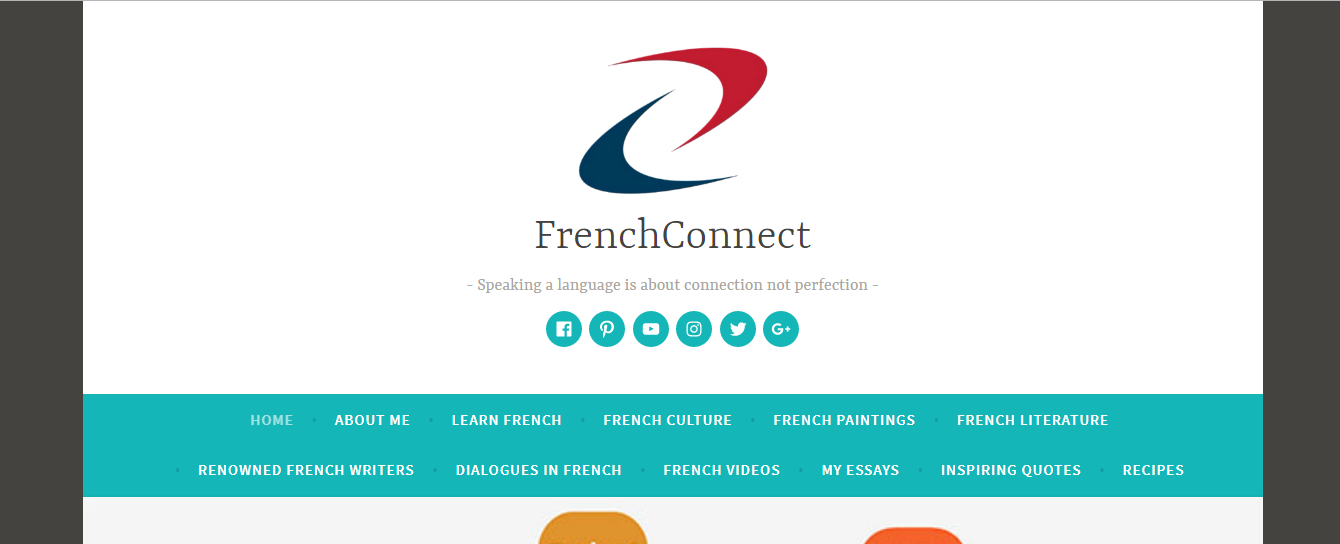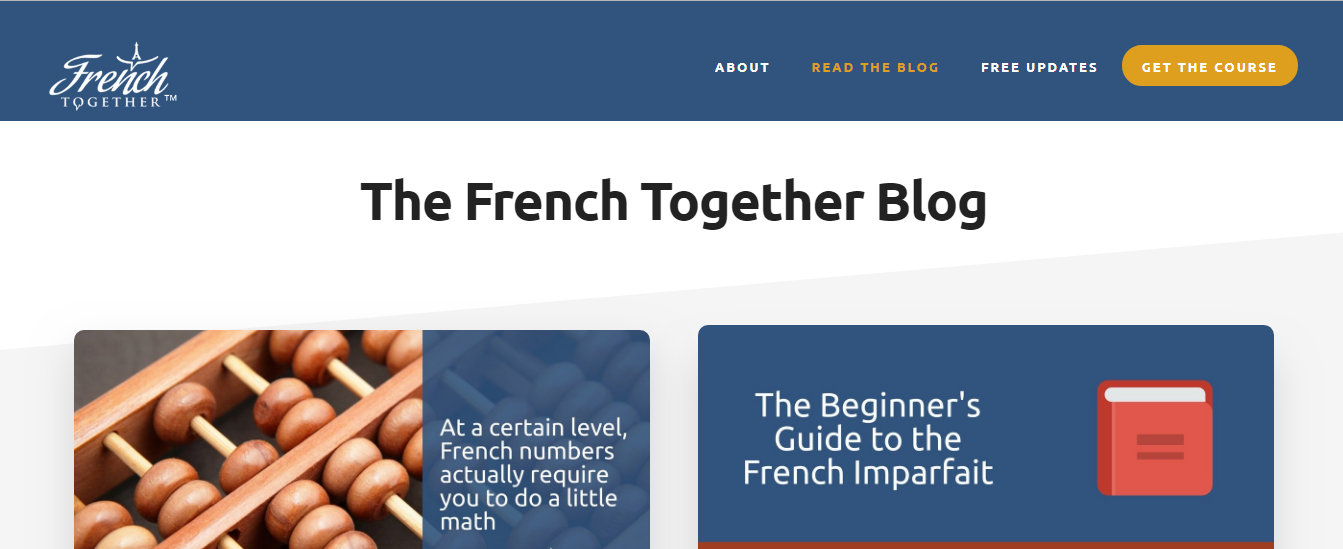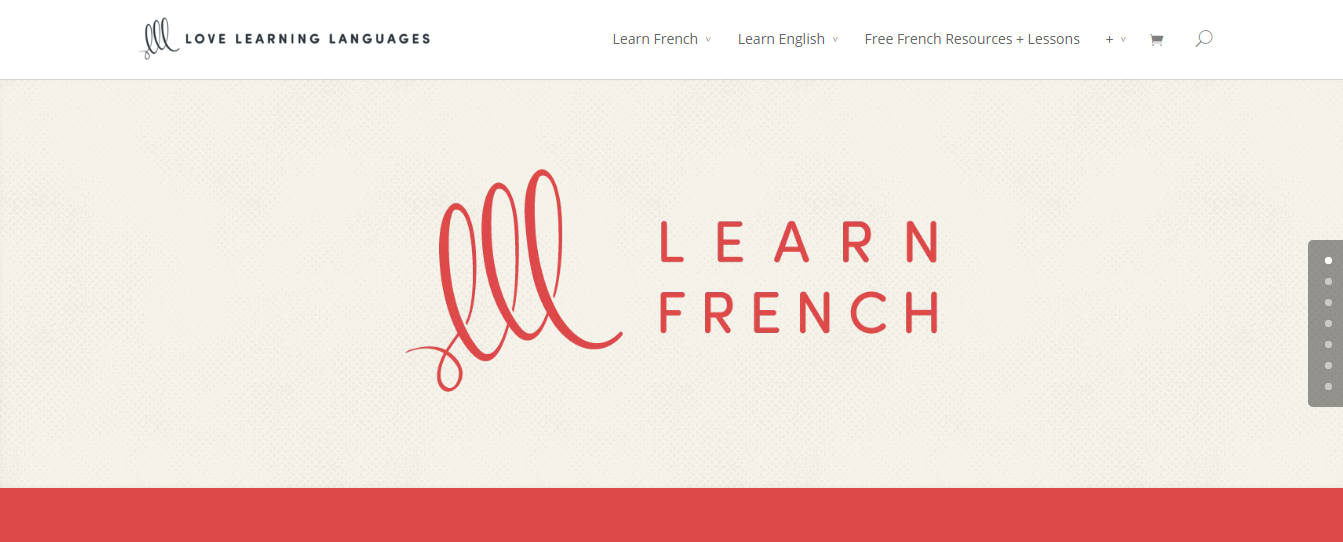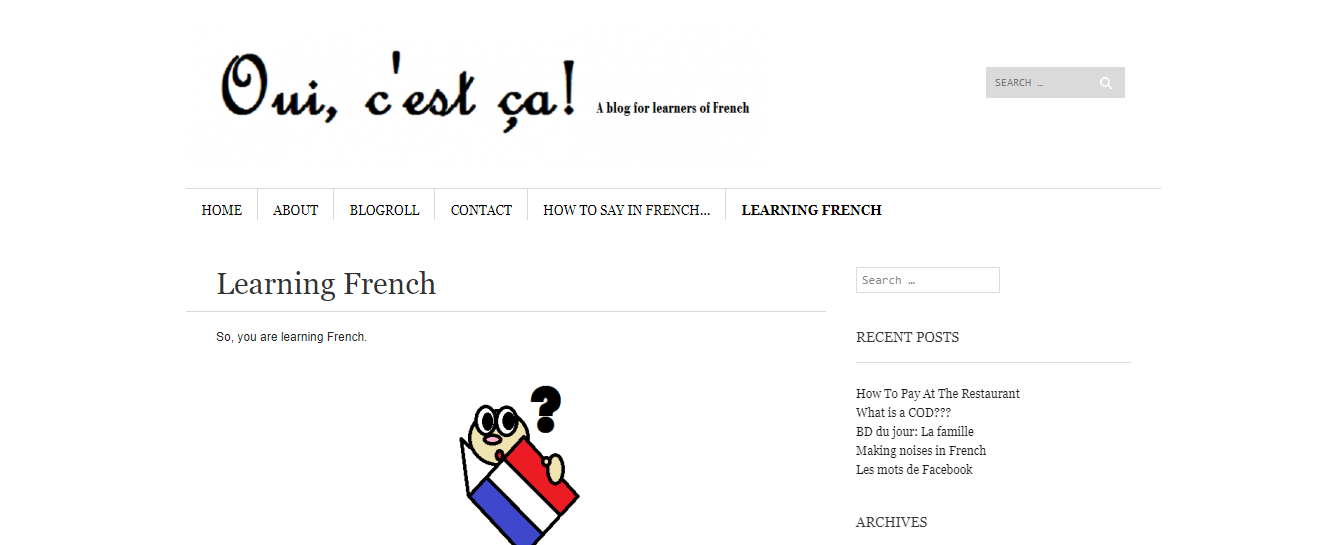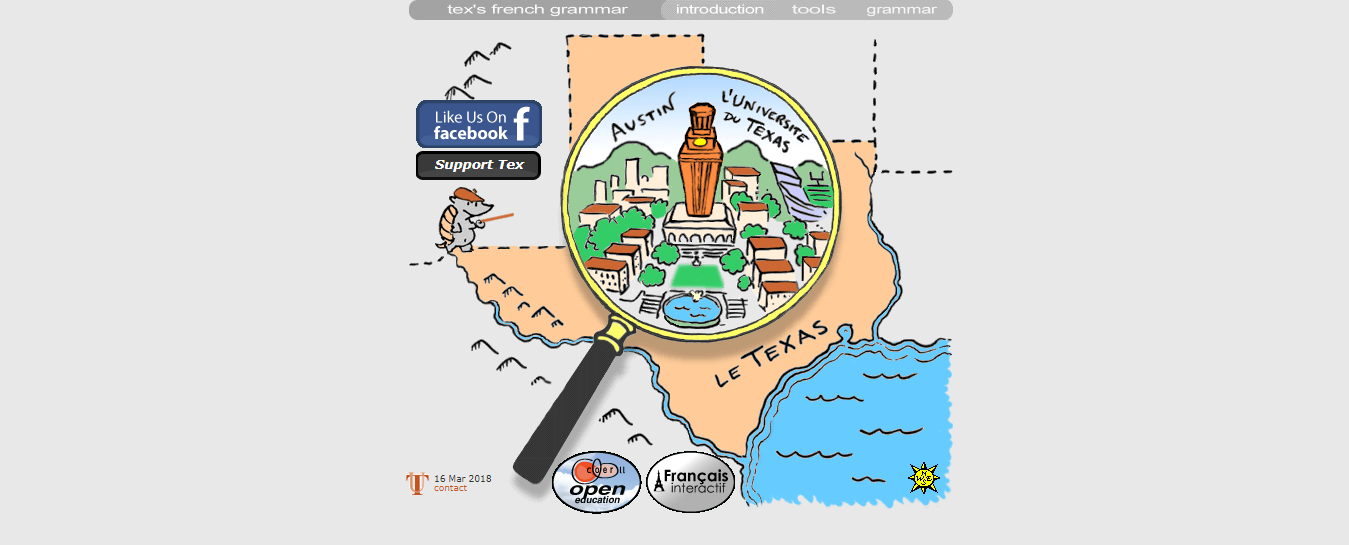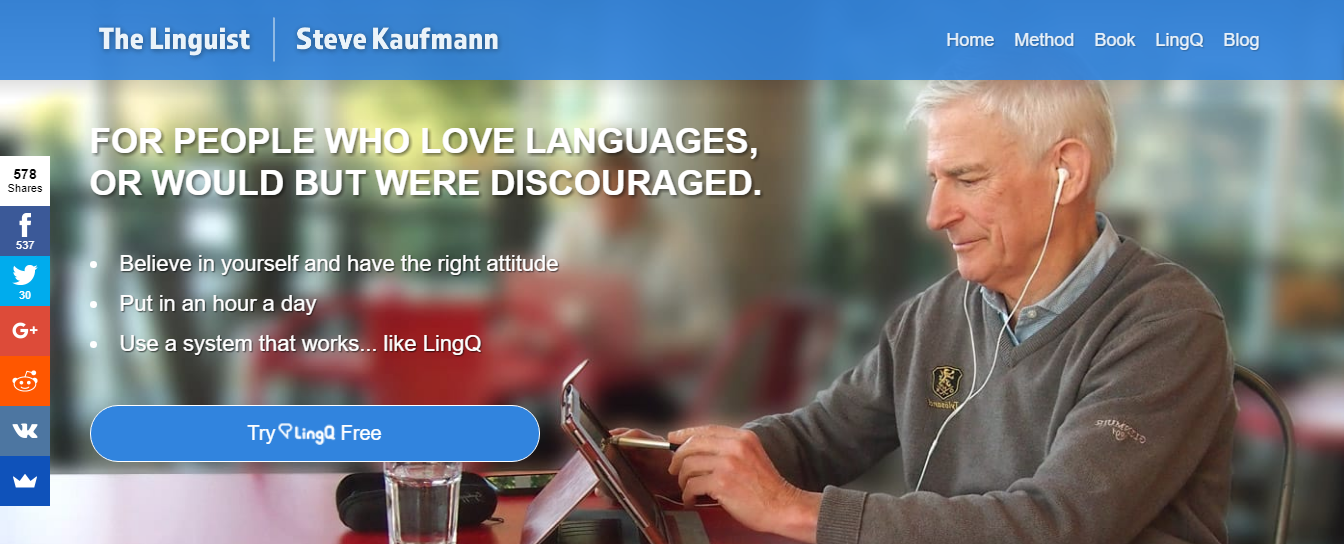Students who always wanted to learn French or studied before and want to freshen up the skills they can consider private French home tuition. There could be many ways you can find tutors who can help you teaching french either you meet them in someplace like a coffee shop or you can find your tutor another side of the world online.
More often online tutor is affordable as compared to meeting with a tutor in person. French lessons are more effective when they are given online. There are some reasons for online lessons are;
- They are one to one lessons
- Cheaper than language schools
- Easy to approach the tutor
- You won’t have to waste time going to school
- There are options available for individualized classes

This article will help you to find what kind of tutor you want and how you will plan your lessons in the most effective learning way. There are some online technologies which are best for their French lessons and those are;
Wyzant
Wyzant will help you to find a tutor with skills and subjects, on this website you can search for French tutors with the need of meeting them in person. This site has professional and well-educated tutors in local areas. And their charges depend on their experiences. Wyzant will help you find tutors of all kinds like prices as low as you like and as high as you like.
Preply
Preply will help you find a tutor according to your budget. On this website, you can search for the tutors’ up to 20 languages. And for French there 300 tutors available either they are native speakers or certified instructors. You can select language on the website and can look at the tutors’ profile and read the reviews given and hourly based tutors can also be searched on the website.
Verbling
It’s all about online language learning, you can have hundreds of French tutors and select which one is right for you. And when you will search there will be price availability and the kind of languages they speak also available.
French faster
It is an online French language learning school where you can have lessons with a private tutor. The tutors are native speakers from different areas of the world and are also trained to teach the French language as a foreign language through English. On the website, you can search for all the tutors and their experiences. Their lessons are for all ages like children, teens, and adults. Lessons were conducted via Skype. French fasters assign you, tutor, on your goal based and availability.
Italki
It is the most casual platform for finding language tutors, who are experienced and professionals like random French people and also ready to invest their time. In this community you can also find free language exchanges and their options are similar to verbling, italki allows you to find a tutor who meets all your needs.
How to choose your French tutors
It is beneficial when you learn the French language from a different variety of speakers. You can repeat the lesson if the subject is difficult without getting bore. There are some suggestion given when you are choosing a French tutor and those are;
Native French Speakers
The main advantage of learning French online is that you get a native French speaker. They can help you better to have a French accent as compared to an American tutor who is teaching French.
Good vibes
Good vibes are very important when you are choosing a tutor. Someone who is funny, patient and makes you comfortable is better than a boring teacher with many degrees. The tutor should have a quality that student enjoys to talk with them and that will make you motivated to your lesson and you would want to continue in long term also.
Inexperienced vs. experienced
It is difficult to decide whether you should choose an experienced or inexperienced tutor. Sometimes it is better to choose inexperienced tutors why because they will be less likely to pressurize students and they will let you plan your lessons.
Target accent
Your target should be the French accent, don’t study with those tutors with whom you will just end up learning expressions and which are not understandable. While learning French make sure the tutor is from the region just to avoid frustration and confusion of the accent.
Learning style
Every student has a different learning style, so find a tutor who matches your learning style. Don’t afraid to stop learning from those who speak to you n English to make you understand despite finding a way to make you understand in French. A connection to the tutor is very important so make sure you find a tutor who matches your mind.













